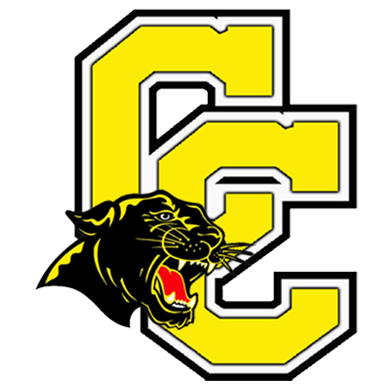Carroll County High School seniors Macie Miller and Alyssa Horner have wanted to compete in the forensic science category at HOSA (Health Occupations Students of America) since they were freshmen. This year, they got their wish. The duo took third place in the forensic science event, earning them a coveted invitation to the HOSA International Leadership Conference.
They were challenged with reviewing a simulated crime scene under pressure then quickly solving the crime.
“When we walked into the room, there was a fake body on the floor, bruises on the arms, and clues scattered on the walls,” said Alyssa. “We had six minutes to examine the scene, and then we were moved to another room to write our full analysis.”
The pair had to determine a likely cause of death and explain their reasoning after evaluating the autopsy report and analyzing the scene’s visual clues. The final report had to be written in just 30 minutes.
“It was a simplified scene, but we tried to treat it like the real thing,” Macie said. “We used forensic terms, ruled out causes of death, and explained what we saw and what it meant.”
That extra depth of thinking beyond what was directly asked may have been what helped them stand out. They incorporated terms like rigor mortis and drew on prior knowledge from podcasts, YouTube channels, and even Alyssa’s experience at the Governor’s Scholars Program, where she focused on forensic science.
“I’ve been casually interested in true crime for years,” Alyssa said. “At GSP, I studied blood spatter analysis and crime scene reconstruction. That definitely helped.”
Macie, whose career interests lean more toward law than medicine, shares that fascination. “We’ve wanted to do the forensic science event since freshman year,” she said. “But every year, it didn’t work out because either it was taken, or we were in other categories.”
Their first HOSA conference as freshmen was just after the COVID-19 shutdown, and the field was competitive with seniors eager to participate. Over the years, they tried different events and improved gradually. Last year, they placed in the top five. This year, they broke through with a third place ranking.
Preparation was key. Before the event, they had to take a qualifying test, which included questions on forensic logistics, terminology, and Latin-based medical vocabulary. To prepare, the girls studied nearly 360 flashcard terms on Quizlet.
“It wasn’t just memorizing answers, it was understanding how to apply what we studied,” Alyssa said. “The test made you think.”
The real challenge, though, came in the writing room. Surrounded by other competitors, they had to construct a cohesive theory, tie it back to evidence, and build a convincing portfolio under time pressure.
“We used every second we were given,” Macie said. “Some teams only used a minute or two to look at the crime scene, but we wanted to get every detail.”
While they haven’t decided for certain whether to attend nationals, the option is on the table. They know the level of competition will be higher with more intense scenes, more experienced teams and more detail, but they’re not intimidated.
“This was the project we always wanted,” Alyssa said, “and the result we always hoped for.”

